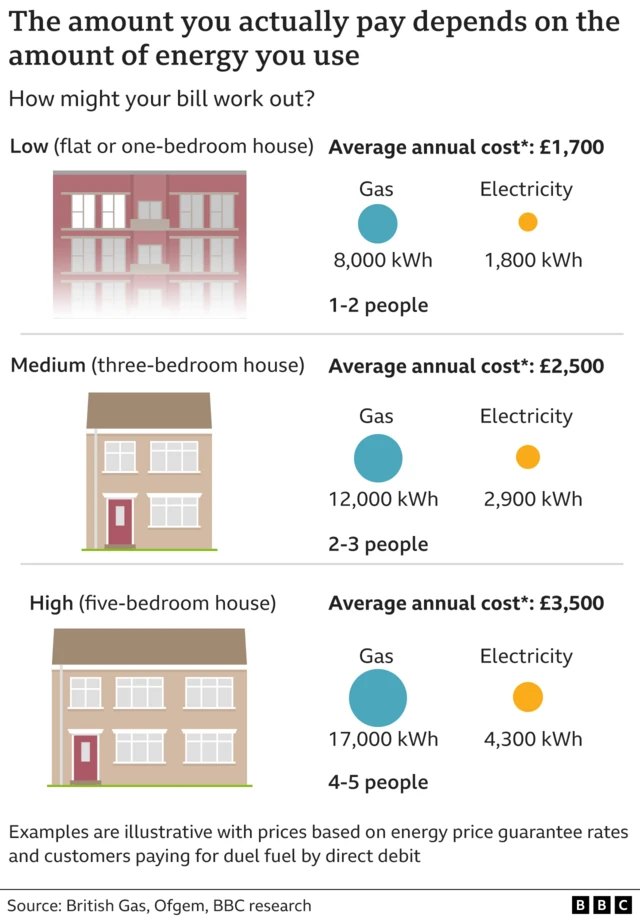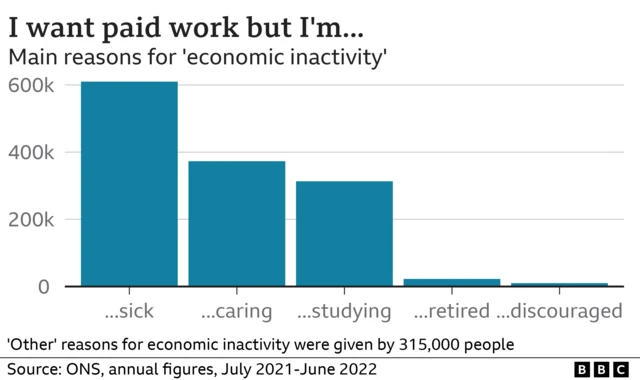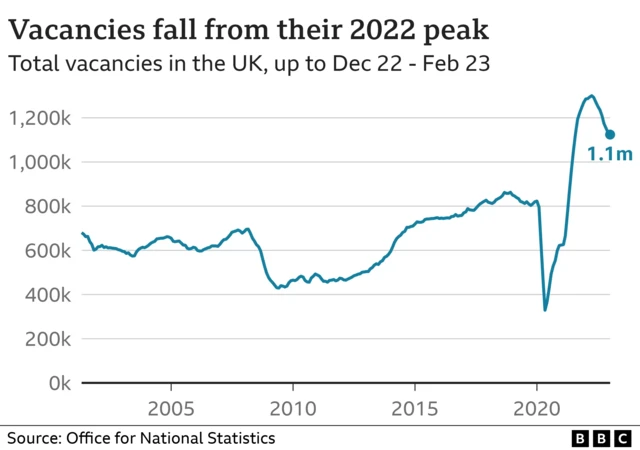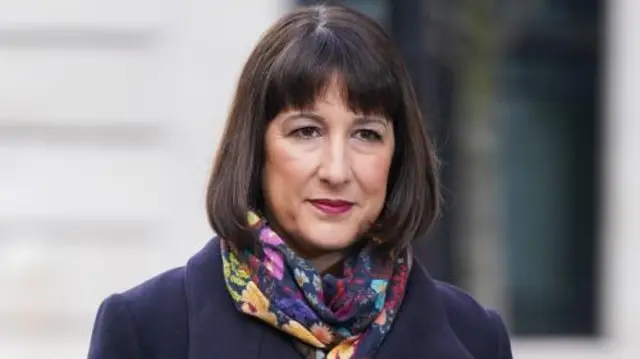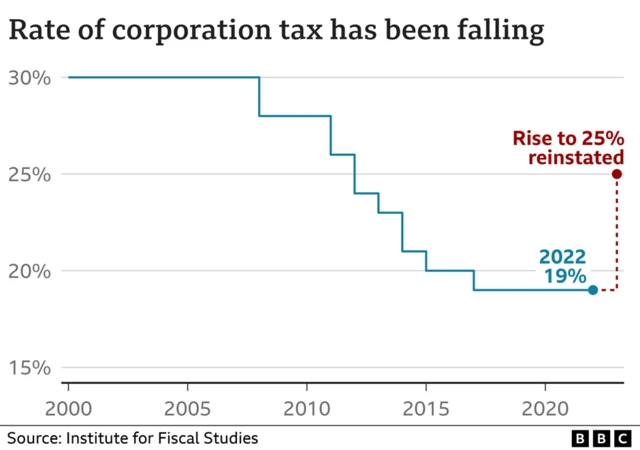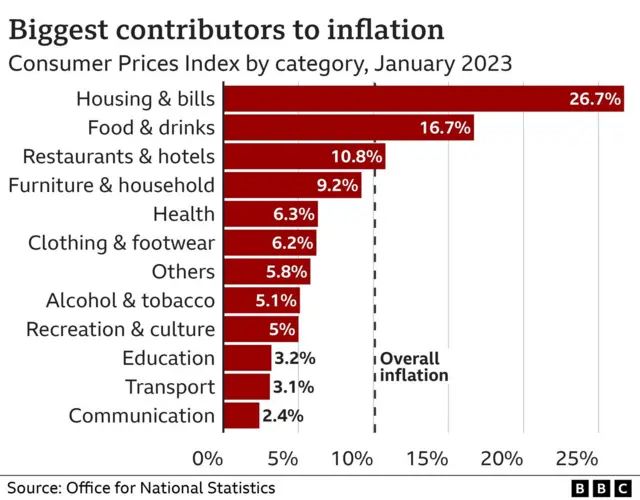SNP calls government's energy bills announcement 'pathetic'published at 08:53 GMT 15 March 2023
In futher reaction to the energy price cap announcement this morning, the SNP is calling the government's decision to keep energy bills at the same level "truly pathetic".
In a statement, SNP economy spokesperson Stewart Hosie claims the government has "ample resources" to cut energy bills, and that families are being ripped off.
"With energy companies making record profits, and the wholesale price of gas falling, there is no excuse for this shameful Tory decision, which will hammer household incomes and push even more families into poverty, hardship and debt," Hosie says.
He adds that many families will be "worse off" as a result of the additional £400 energy bill support payment coming to an end.
